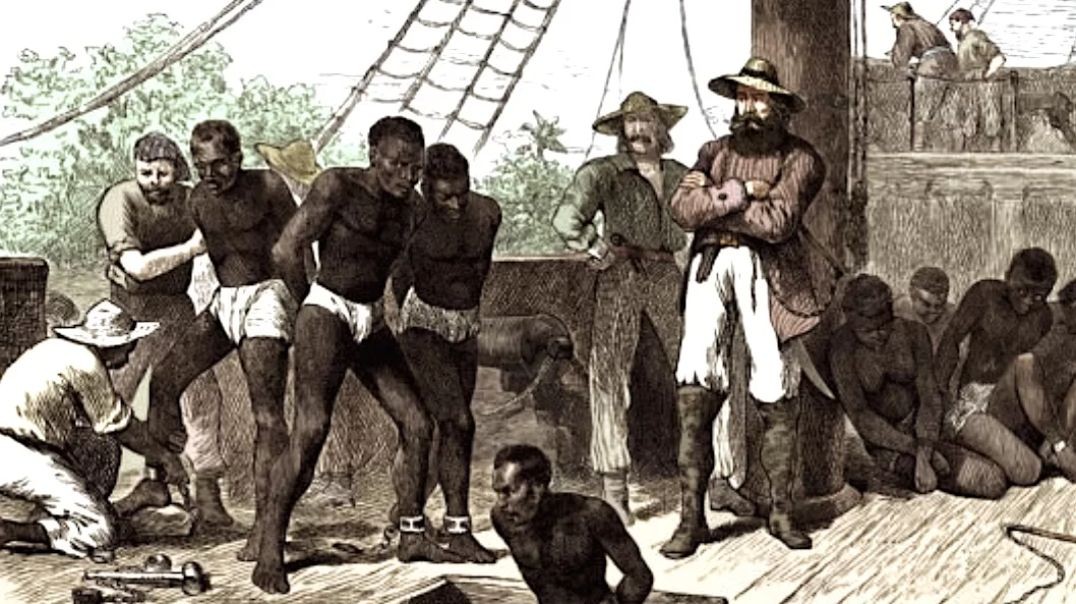Emperor Hezba Asgad of Ethiopia: A Historical Overview
Ethiopia is a nation steeped in rich history and culture, known for its diverse peoples and ancient civilizations. Among its rulers, Emperor Hezba Asgad stands out as a significant figure who left an indelible mark on the country's development. This article delves into the life, reign, and legacy of Emperor Hezba Asgad, exploring his contributions to Ethiopian society and his role in shaping the nation's history.
Early Life
Birth and Background
Hezba Asgad was born in the early 20th century in Ethiopia, a time when the country was undergoing significant political and social changes. His family belonged to the aristocracy, which afforded him access to education and the influential networks of the time. Growing up amidst the rich traditions of Ethiopian culture, Hezba was exposed to various philosophies and beliefs that would shape his worldview.
Education
From an early age, Hezba showed a keen interest in learning. He received formal education, which was relatively rare for individuals of his background in Ethiopia. His education included studies in history, philosophy, and the arts, enabling him to develop a well-rounded perspective on governance and leadership. The values instilled in him during his formative years would later influence his approach as a ruler.
Rise to Power
Political Landscape
Ethiopia in the early 20th century was marked by political instability and external threats. The nation faced challenges from colonial powers, particularly Italy, which sought to expand its influence in the Horn of Africa. The struggle for independence and sovereignty would define the political climate of Hezba’s early adult life.
Ascension to the Throne
Hezba Asgad’s rise to power began during a tumultuous period when the previous emperor faced challenges that weakened his rule. Capitalizing on the discontent among the populace and the nobility, Hezba garnered support from various factions. His charisma, diplomatic skills, and vision for a united Ethiopia played a crucial role in rallying support for his claim to the throne.
In a dramatic turn of events, Hezba was proclaimed Emperor of Ethiopia, assuming the title of Negusa Nagast, which means "King of Kings." His coronation marked a new era for Ethiopia, as he aimed to unify the diverse ethnic groups and establish a sense of national identity.
Reign of Emperor Hezba Asgad
Political Reforms
Upon ascending to the throne, Hezba Asgad implemented a series of political reforms aimed at modernizing Ethiopia. He recognized the importance of a centralized government and sought to diminish the power of regional warlords who had historically challenged the authority of the emperor. His administration focused on creating a more cohesive and effective government structure.
-
Centralization of Power: Hezba established a centralized authority that reduced the influence of local rulers, ensuring that decisions were made at the imperial level. This centralization was crucial for maintaining order and promoting national unity.
-
Legal Reforms: Understanding the need for a fair judicial system, Hezba introduced legal reforms that aimed to create a more just society. He established courts that were accessible to all citizens, regardless of their social standing, and promoted the rule of law.
-
Infrastructure Development: Emperor Hezba recognized that infrastructure was vital for national development. He initiated projects to improve transportation networks, including roads and bridges, which facilitated trade and communication across the empire.
Economic Initiatives
Hezba Asgad’s reign also focused on economic development. He understood that a strong economy was essential for the stability of his rule and the well-being of his subjects. Some key initiatives included:
-
Agricultural Reforms: Agriculture was the backbone of Ethiopia's economy. Hezba promoted modern farming techniques and provided support to farmers to increase productivity. His government encouraged the cultivation of cash crops, which boosted exports and generated revenue for the state.
-
Trade Expansion: Hezba recognized the strategic location of Ethiopia as a gateway between Africa and the Middle East. He sought to enhance trade relations with neighboring countries and foster economic partnerships that would benefit Ethiopia's economy.
-
Industrial Development: To reduce dependency on imports, Hezba initiated industrialization efforts, establishing factories and encouraging local production of goods. This move aimed to create jobs and stimulate economic growth.
Cultural Renaissance
In addition to political and economic reforms, Emperor Hezba Asgad promoted a cultural renaissance in Ethiopia. He believed that fostering a sense of national identity was crucial for unifying the diverse ethnic groups within the empire. His cultural initiatives included:
-
Support for the Arts: Hezba patronized artists, musicians, and writers, encouraging the flourishing of Ethiopian art and literature. This support led to the emergence of a vibrant cultural scene that celebrated Ethiopian traditions and history.
-
Education Reform: Recognizing the importance of education in nation-building, Hezba invested in educational institutions. He established schools and universities, making education accessible to a broader segment of the population.
-
Promotion of Ethiopian Identity: Hezba emphasized the significance of Ethiopian identity, celebrating the country’s rich history and diverse cultures. His reign saw the revival of traditional practices, languages, and customs, fostering a sense of pride among the populace.
Foreign Relations
Emperor Hezba Asgad's reign was characterized by a proactive approach to foreign relations. He understood the importance of diplomacy in navigating the complex geopolitical landscape of the time. His efforts included:
-
Strengthening Alliances: Hezba sought to build alliances with neighboring countries to enhance Ethiopia's security and economic interests. His diplomatic efforts included forming partnerships with nations that shared similar goals.
-
Resistance to Colonialism: During his reign, Hezba actively opposed colonial encroachments, particularly from Italy. He advocated for Ethiopian sovereignty and rallied support from other African nations to resist colonial domination.
-
Participation in International Organizations: Hezba recognized the significance of Ethiopia’s role on the international stage. He participated in various international organizations, advocating for the rights of African nations and promoting cooperation among developing countries.
Challenges and Conflicts
Despite his achievements, Emperor Hezba Asgad faced numerous challenges during his reign. Political opposition, economic difficulties, and external threats posed significant obstacles to his rule.
Internal Opposition
As Hezba centralized power, he faced resistance from regional leaders who felt marginalized by his reforms. Discontent among the nobility and local rulers sometimes resulted in unrest. Hezba navigated these challenges through a combination of diplomacy and, when necessary, military force.
Economic Struggles
While Hezba initiated economic reforms, he also faced challenges related to drought and famine, which affected agricultural production. The government's response to these crises was crucial in maintaining public support. Hezba implemented relief measures, including food distribution and support for affected communities.
External Threats
Italy’s ambitions in East Africa continued to pose a threat during Hezba’s reign. The Italian government sought to expand its colonial presence in the region, leading to tensions between the two nations. Hezba’s administration worked tirelessly to bolster Ethiopia's military capabilities and diplomatic standing to counter these threats.
Legacy of Emperor Hezba Asgad
Emperor Hezba Asgad's reign left a profound impact on Ethiopia, shaping the country's trajectory in the 20th century and beyond. His contributions to political reform, economic development, and cultural renaissance laid the foundation for a more unified and prosperous nation.
National Identity
One of Hezba's most enduring legacies is the promotion of a strong national identity among Ethiopians. His efforts to celebrate Ethiopian culture, history, and traditions fostered a sense of pride and belonging among diverse ethnic groups. This emphasis on unity remains a cornerstone of Ethiopian identity today.
Modernization
Hezba's initiatives in infrastructure, education, and economic development contributed to Ethiopia's modernization. His vision for a prosperous and self-sufficient nation set the stage for future leaders to continue the work he began. The impact of his policies is still evident in Ethiopia's ongoing development efforts.
Resistance to Colonialism
Hezba Asgad's unwavering stance against colonialism inspired future generations of Ethiopians in their struggle for independence. His legacy of resistance to external threats resonates in Ethiopia's history, particularly during the liberation movements of the mid-20th century.
Conclusion
Emperor Hezba Asgad of Ethiopia was a visionary leader whose reign significantly influenced the course of Ethiopian history. His dedication to political reform, economic development, and cultural renaissance laid the groundwork for a unified and prosperous nation. As Ethiopia continues to navigate the challenges of the modern world, the legacy of Emperor Hezba serves as a reminder of the importance of leadership, resilience, and the pursuit of national identity.








